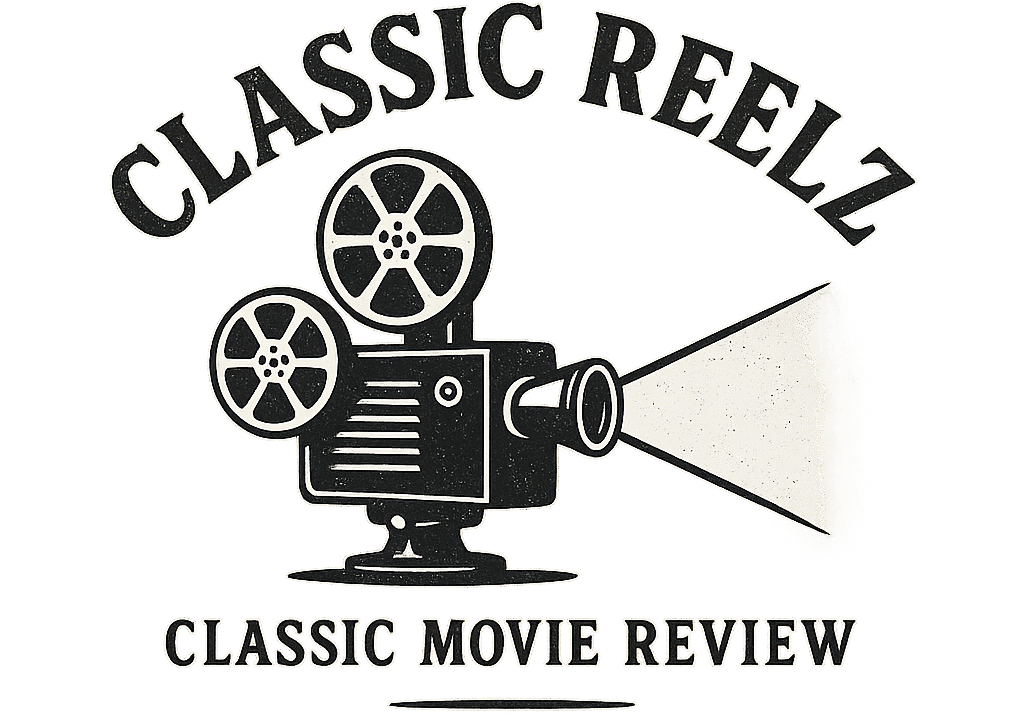
“Star Wars” wasn’t just a movie; it was a phenomenon. Released in 1977, it changed the cinematic landscape forever. This film came out swinging with cutting-edge special effects and a narrative style that pulled audiences right into a galaxy far, far away. The way George Lucas combined high-stakes adventure with relatable characters created magic on screen. What really nailed it, though, were the lightsaber duels and space battles, pushing the limits of what people thought was possible in films back then.
On the other hand, “2001: A Space Odyssey”, released in 1968, was more of an artistic and intellectual journey. Directed by Stanley Kubrick and based on Arthur C. Clarke’s story, this film was like nothing anyone had seen before. It redefined what a sci-fi movie could look like with its stunning visuals and philosophical undertones. Don’t forget that bone-to-satellite shot, a single cut that covered millions of years; it’s become one of the most iconic in film history.
Both of these films left an indelible mark on pop culture and the sci-fi genre. “Star Wars” continued to expand into a vast franchise, influencing everything from storytelling methods to merchandise. Meanwhile, “2001: A Space Odyssey” pushed filmmakers to explore deeper themes and visuals in science fiction, proving that this genre could be as thought-provoking as any high-brow drama. These films didn’t just bring people into theaters; they fostered entire communities of fans and continue to inspire new science fiction creators.
A Dystopian Reality: “Blade Runner” and “Metropolis”
“Blade Runner” hit theaters in 1982, with Ridley Scott at the helm, and it’s become a cornerstone of dystopian cinema. Based on Philip K. Dick’s novel, the film brings together noir influences and a future where bio-engineered humans, or replicants, spark debates about identity and ethics. With Harrison Ford leading, the film explored themes that were way ahead of its time, questioning what it means to be human in a technologically advanced world.
“Metropolis” is like the great-grandparent of sci-fi films, rolling out in 1927. So it’s a silent film, but don’t let that fool you—its visuals are epic and still hold up today. Fritz Lang’s masterpiece dives into class struggle within a futuristic cityscape, laying down the groundwork for what a sci-fi urban environment could look like. It’s all about the clash between utopia and dystopia, which keeps popping up in films thanks to this classic.
Both of these films are heavy on the visuals and packed with rich themes. “Blade Runner”‘s rainy, neon-lit Los Angeles is almost a character in itself, influencing everything from fashion to music videos. And “Metropolis”? It pretty much set the stage for every sci-fi world that came after it, from comic books to blockbuster movies. The philosophical questions raised by these films challenge viewers to think about technology’s role in society, making them timeless works of art.
Messages from the Sky: “The Day the Earth Stood Still”
“The Day the Earth Stood Still” dropped in 1951, right when global tensions were thicker than chunky peanut butter. This film wasn’t just about aliens waltzing into our backyard; it hit hard on messages of peace and the necessity of global cooperation. Klaatu, the alien visitor with a chilling warning, became a symbol for the diplomatic conversations that were being mirrored in reality.
The plot resonates beyond just being an interstellar adventure. It digs deep into the anxieties of the Cold War era, capturing the fear of nuclear annihilation. But it does more than that—it offers a call for sanity and reason, inviting us to rethink how we tackle conflict and coexist with others who are different from us.
Films like “The Day the Earth Stood Still” tossed a fresh voice into the sci-fi mix. By using extraterrestrial perspectives to highlight human flaws and the need for unity, it set a precedent for countless other films trying to do the same thing. Klaatu’s message isn’t just a relic of the past; it’s still ringing in the ears of sci-fi creators, inspiring stories that champion diplomacy over destruction.
